TMS-EEG
Study 1
This study will be using a combination of TMS and EEG to explore how the brain reacts to commonly prescribed antipsychotic medications. Meng Di Hou (PhD Student) will use TMS-EEG to try and identify differences in the brain which may be associated with treatment-resistance schizophrenia. These brain differences could then be used to predict how an individual with schizophrenia may respond to an antipsychotic.
Researchers: Meng Di Hou, Sukhi Shergill, Isabella Premoli, Timea Szentgyorgyi, Rachel Chow, Nimra Farooq
Study 2
The role of GABA, Glutamate and Cognitive Control on Treatment Response to Antipsychotics
In this study, we will use TMS-EEG to detect differences in cortical excitability and inhibition between responders and non-responders to antipsychotic medications and to investigate the role of Cognitive Control to antipsychotic response.
We hope to develop our understanding of the pathophysiological mechanisms underlying antipsychotic response in schizophrenia that could contribute to the identification of candidate neurophysiological and cognitive biomarkers predictive of response to antipsychotics. The availability of predictive biomarkers can guide treatment in a more effective, patient-centred manner by identifying patients at risk of non-responding to antipsychotics as soon as possible after the initial diagnosis and has the potential to improve clinical outcomes, prevent harm from ineffective treatments, minimise social and functional disability and finally aid the development of novel candidate treatments modulating the GABA and glutamatergic systems.
This study is funded by MRC - Clinical Academic Research Partnership (CARP) award to Dr Panagiota Michalopoulou
Researchers: Panagiota (Yiota) Michalopoulou, Sukhi Shergill, Rachel Chow, Nimra Farooq, Annika Friedrich, Timea Szentgyorgyi
Collaborators: Dr Isabella Premoli, Dr Rosalyn Moran

